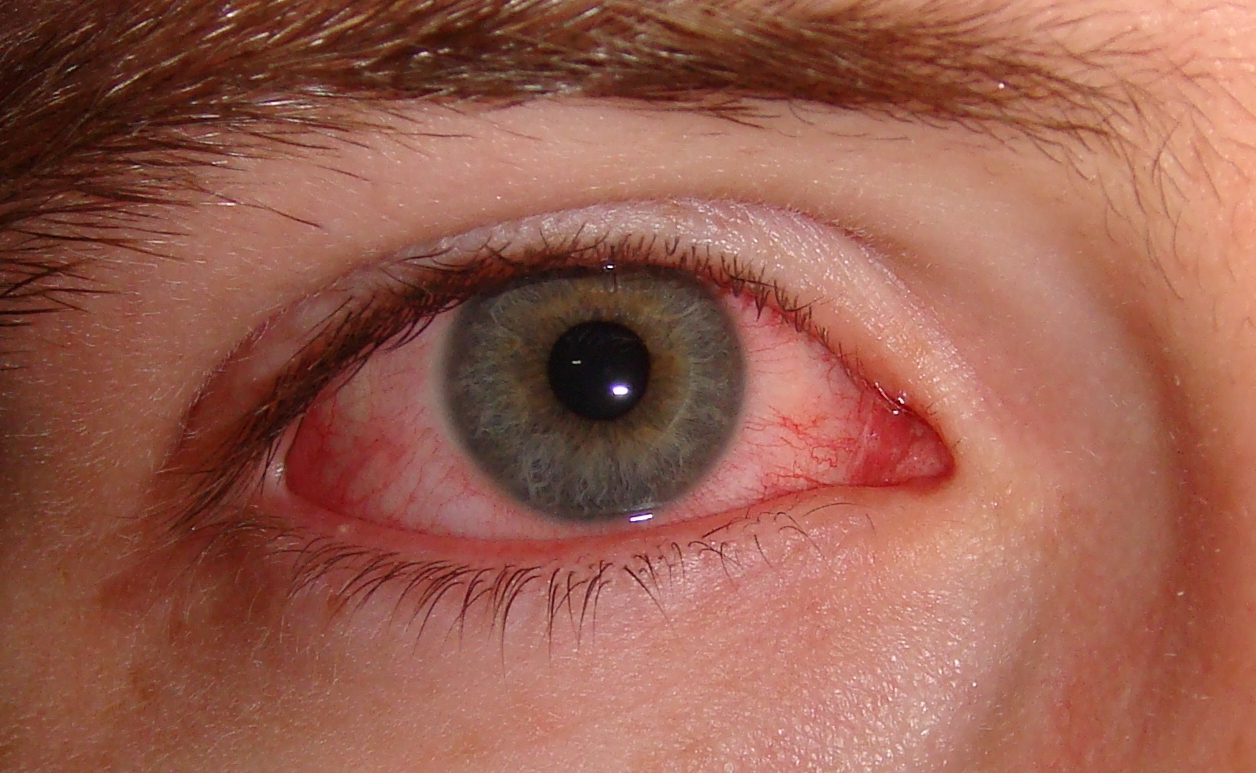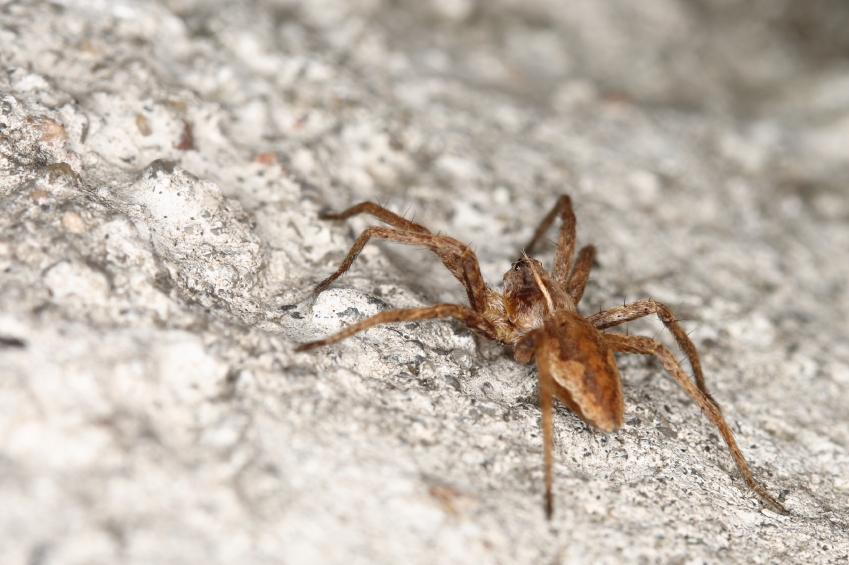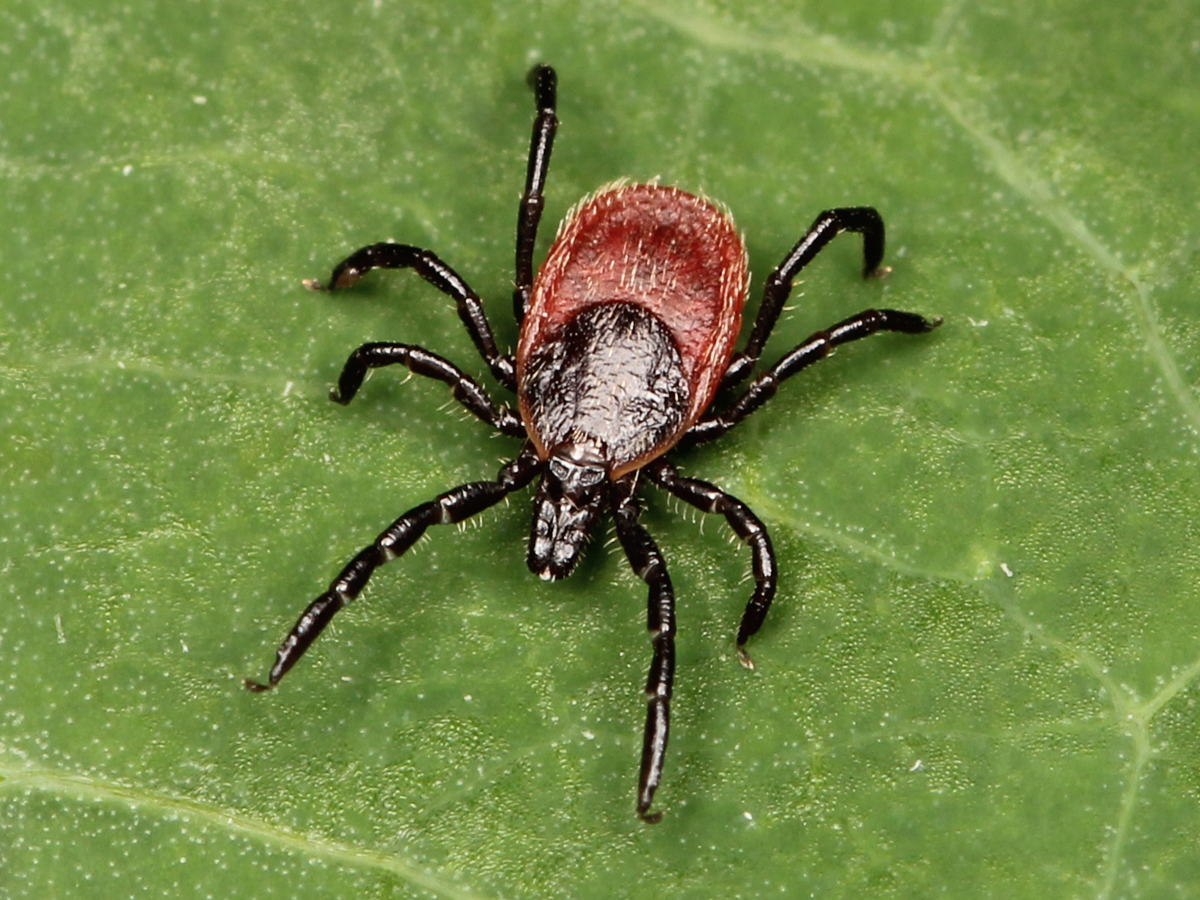Five home remedies for pink eye
03/15/2019 / By Tracey Watson

You go to sleep happy and healthy, but wake up with red, gunky eyes. As you start walking around to wake your kids up you realize that their eyes are also red and swollen. And then it hits you: You’ve all got pink eye! Knowing that pink eye is often highly contagious, you call your office and the school to let them know that you will all be staying home. At this point you may be tempted to visit a doctor, but there are some natural remedies worth trying first.
Interestingly, though pinkeye is always associated with some obvious symptoms like reddening of one or both the eyes and a discharge, it can also be accompanied by sinus congestion, a runny nose, a cough, earache or swollen lymph nodes.
Pinkeye can be caused by a virus, bacteria, chemical irritation, or an allergy. Gross as it may sound, it is important to take a closer look at the discharge from your eye. Is it a greenish, yellow color? Well, then it’s probably bacterial. If it’s a clear, watery discharge, it could either be viral or caused by an allergy. A viral or bacterial pinkeye will also start in one eye and then move to the other. Two more clues can help you narrow it down even more: Since several members of your family are affected, it’s likely contagious, which would indicate viral pinkeye, as allergic pinkeye is never contagious. Has it appeared in both eyes simultaneously? That would point to allergic or chemical pinkeye rather than a viral or bacterial cause.
Conventional treatments are pretty straightforward: For bacterial pinkeye, doctors usually prescribe antibiotic eyedrops. There isn’t really any treatment for viral pinkeye; you pretty much just have to tough it out. Allergic pinkeye will improve immediately if the allergen (pollen, cosmetics, perfume, animal dander, etc.) is removed. And for chemical pinkeye, it is important to rinse the eye with water for five minutes and to immediately call your doctor.
Since some forms of pinkeye are very contagious, it is important to disinfect household surfaces, stay away from uninfected people and practice good hygiene until everybody has recovered.
So, now let’s look at the five home remedies you can try before dashing off to the doctor (with the exception of chemical pinkeye, for which you should always seek medical attention right away).
Honey: Honey is an excellent treatment for a variety of eye conditions, and has antimicrobial properties that make it effective against many different bacteria and fungi. It promotes wound healing, and was used by the ancient Egyptians and Greeks to treat eye problems.
Method: Dissolve ¼ tsp of raw honey in ¼ cup of distilled or boiled, cooled water. Add a pinch of salt. Use a clean dropper to insert 1–2 drops in the affected eye every few hours.
Breastmilk: An antibody in breast milk called immunoglobin A has been found to prevent the bacteria responsible for some cases of pinkeye from attaching to the surface of the eye.
Method: Use a clean spoon or dropper to place a few drops on the surface of the eye three times a day.
Colloidal silver: Though studies on the subject are scarce, even doctors note that some of their patients swear by colloidal silver drops.
Method: Use a clean dropper to place 1–2 drops in each eye, three or four times a day.
Herbal teas: Some teas, including calendula, fennel and chamomile can be made into hot compresses to treat a variety of eye ailments. Please note that if you have allergies or are pregnant or nursing, some teas may not be suitable.
Method: Boil several teabags in distilled water. Allow the water to cool until only lukewarm. Remove two teabags and squeeze excess water out. Place a teabag on each closed eye for 15 minutes, and then discard.
Saltwater wash: Cleaning the surface of the eye with saltwater may provide relief.
Method: Purchase eyedrops that contain only salt and sterilized water and insert a few drops in each affected eye several times a day.
It is important to seek medical advice if positive results are not seen after trying the above alternative treatments.
Sources include:
Tagged Under: alternative medicine, Colloidal Silver, healing, honey, natural cures, natural remedies, pinkeye

















